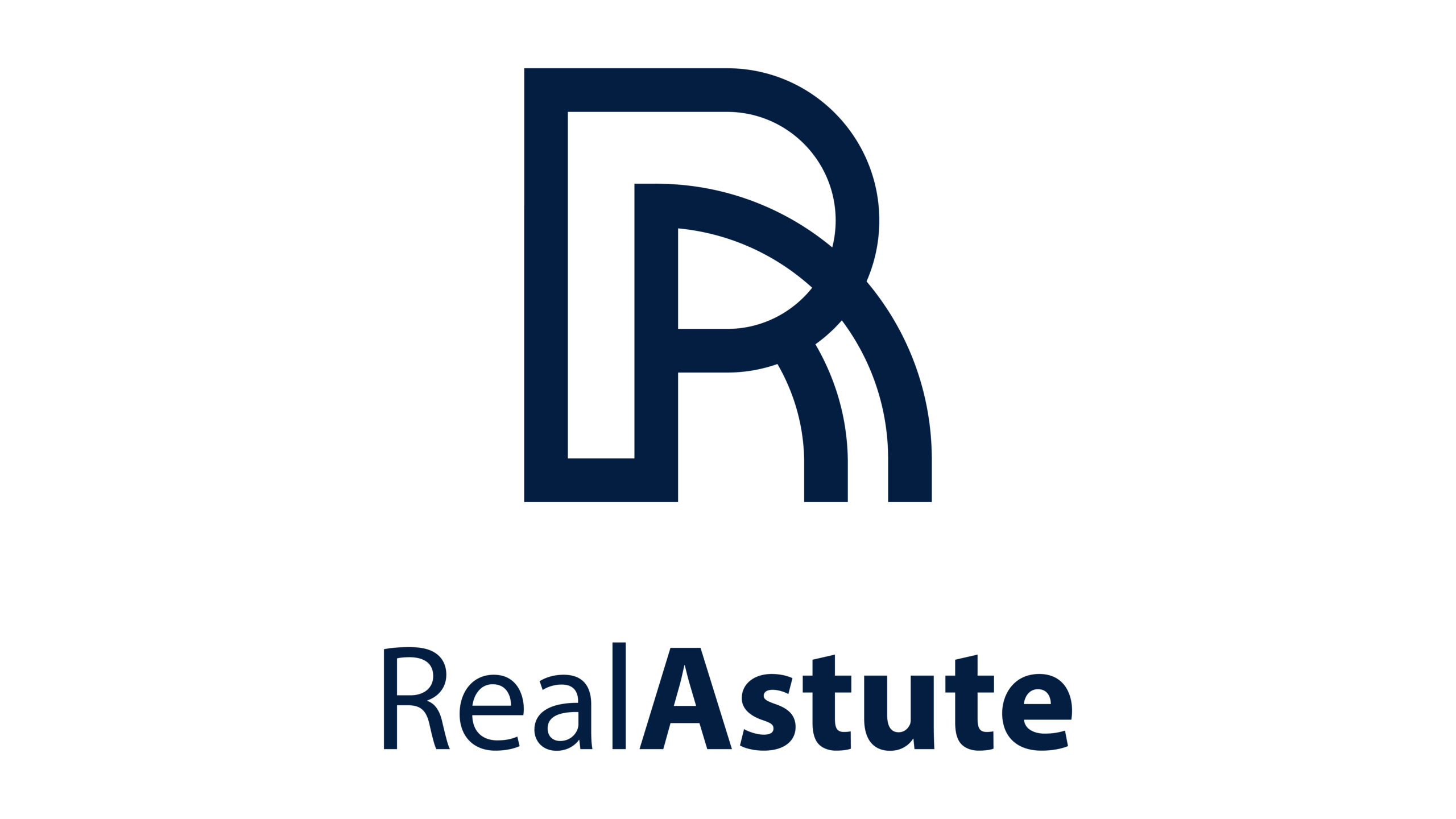Conquering Avoidance-Based Procrastination
Kevin Shirley, Associate Broker (DC), GRI, e-PRO, ASP
Do you ever just keep putting off a task, even when you know it’s something you absolutely must do? If so, chances are you’re experiencing avoidance-based procrastination.
Avoidance behaviors can be defined as the things that we keep on doing to distract our mind from the task or activity associated with some unpleasant emotion. In most cases, this emotion is fear and may include a few other psychological variables such as panic, anxiety, and worry. By working on something else instead of the actual project that you are expected to handle, avoidance-based procrastination allows people to escape the uncomfortable, well, at least temporarily. Left unchecked, this tendency will lead to an overload of deadlines, mismanaged work routines, and loads of stress.
Here are a few tips and techniques to help you conquer avoidance-based procrastination so that you can start to lead a happier, healthier, well-organized lifestyle:
- Create a to-do list. When you have multiple things to handle in a day, it is common to miss some crucial tasks in between. Productivity experts advise preparing a to-do list to organize your routines and ensure that all your tasks are completed. It is not just about the daily to-do list; instead, you should also prepare a list of actions for each specific project in hand. This strategy will save much of your time, and you will be able to get things done seamlessly.
- Set priorities for daily activities. You may have so many short-term and long-term goals to accomplish, and it requires continuous efforts to achieve them. As a result, you may have to execute some repetitive tasks every day; but if you don’t know your priorities, you may end up wasting lots of time with low-priority “busy work.” It is better to carry out a priority-based analysis of all things you have to do and identify which tasks need to be accomplished and in what order.
- Find your motivation. Putting some tasks off may help you avoid unfavorable feelings temporarily, but this strategy can’t give you pleasure in the long run. So, instead of working on this short-term relief, try to find your motivation to get things done on time. Consider setting up a rewards system for completing unpleasant tasks. It could be as simple as “I’ll have a cup off when I finish this report.” Once you discover ways to give yourself some inspiration to do things on time, this system may help you to stay organized in day-to-day life.
Bottom line
These simple steps may help you to overcome avoidance behaviors while dealing with the habit of procrastination. Whether it is about your business-related tasks, the new project assigned by your manager, the household chores or responsibilities associated with your health and wellness, following an appropriate strategy for conquering avoidance-based procrastination may help you stay organized. It is the best way to eliminate the anxiety and stress associated with overloaded deadlines and piles of pending tasks.



















